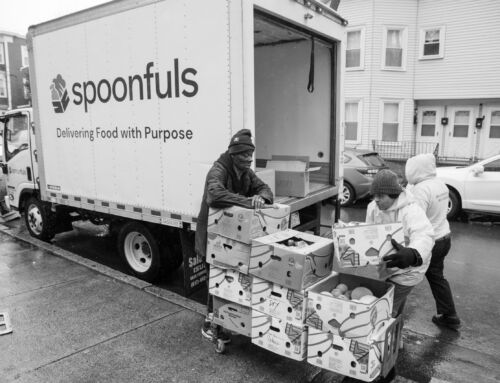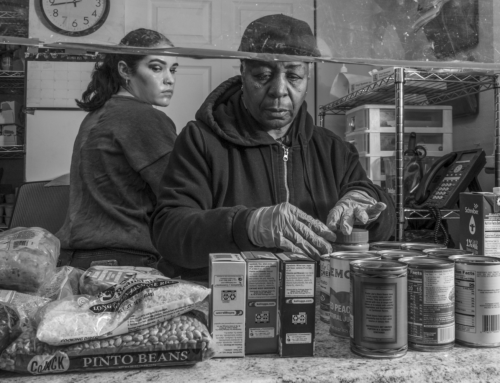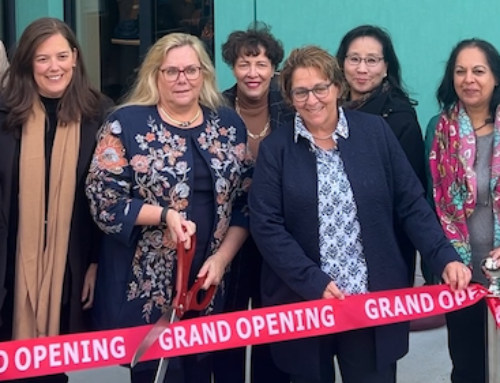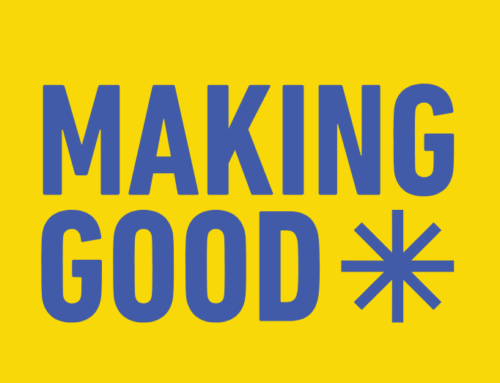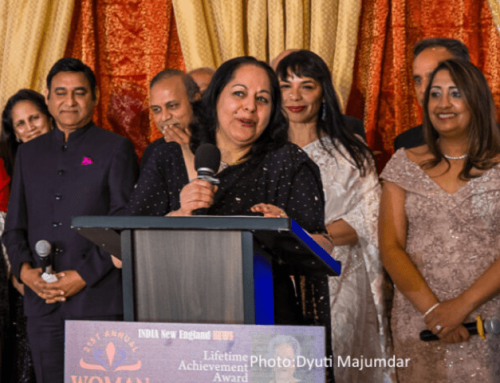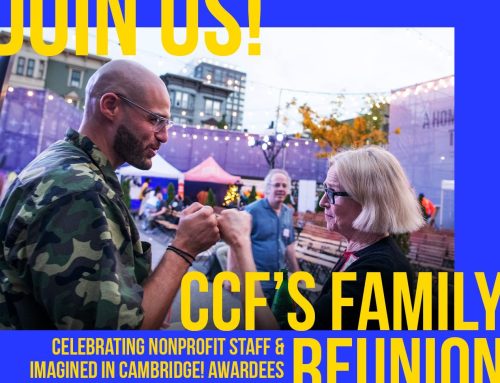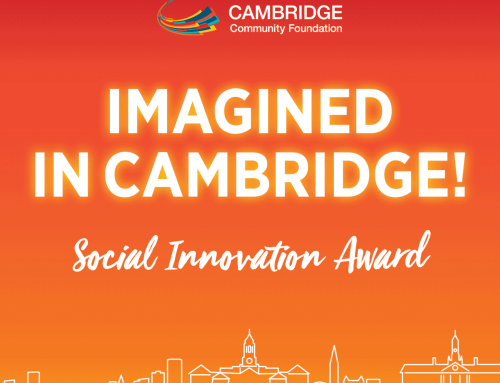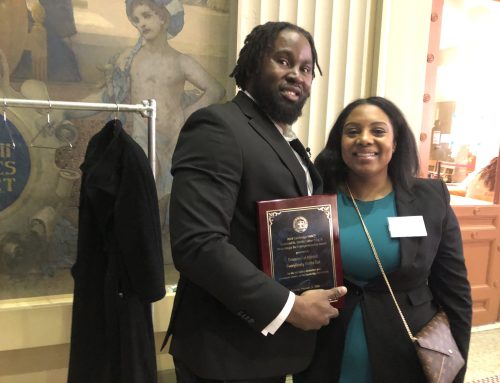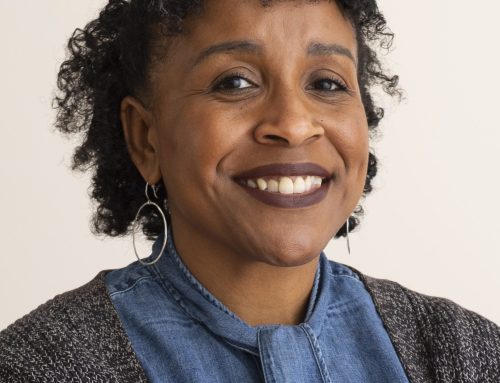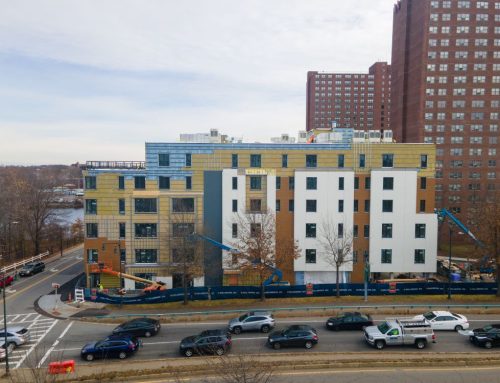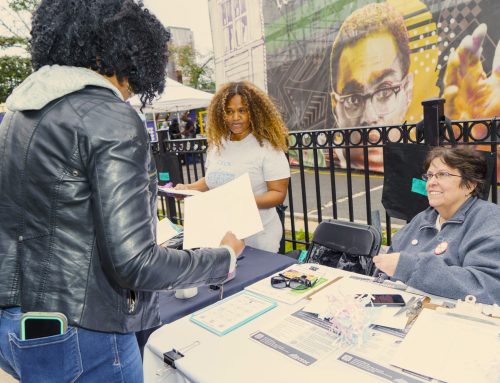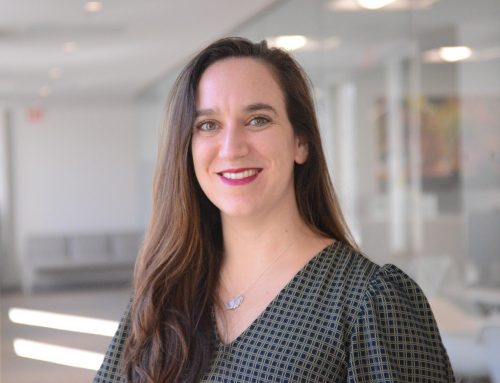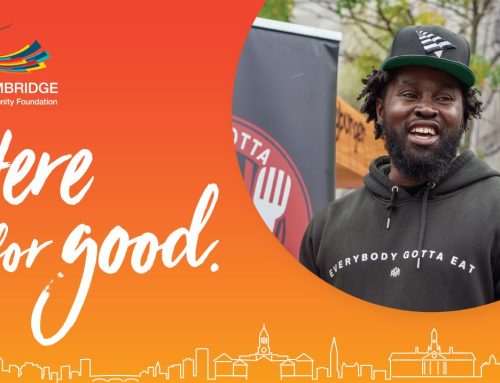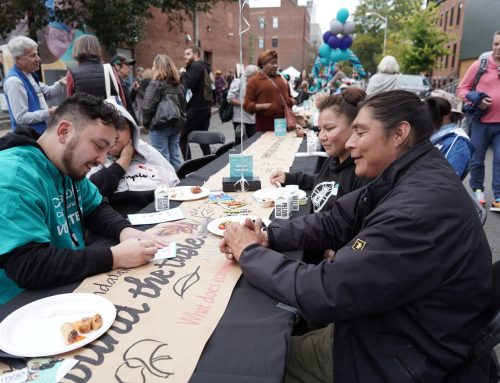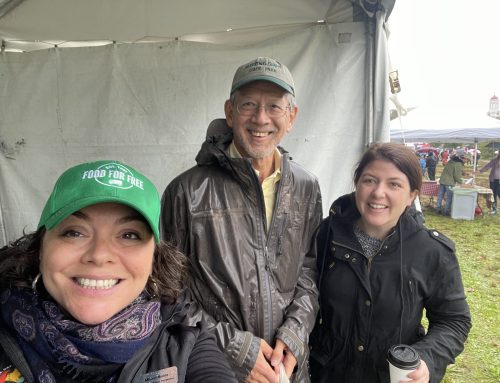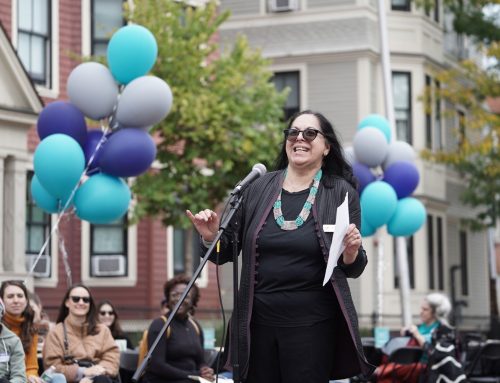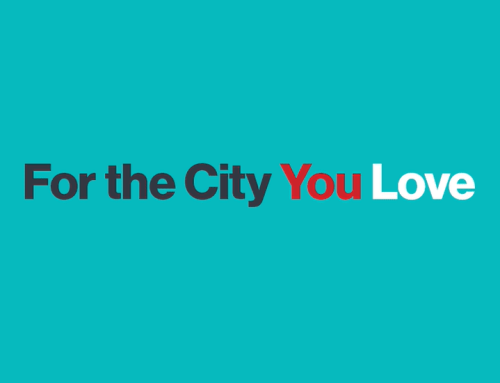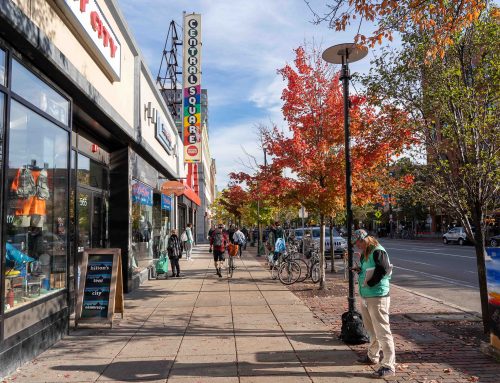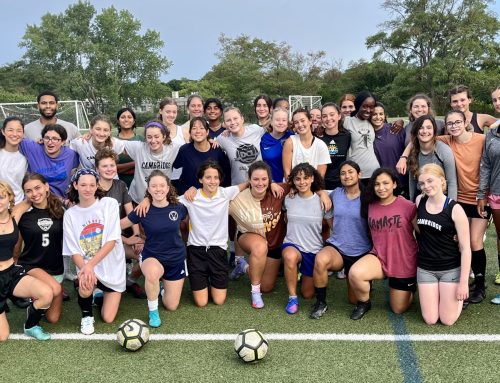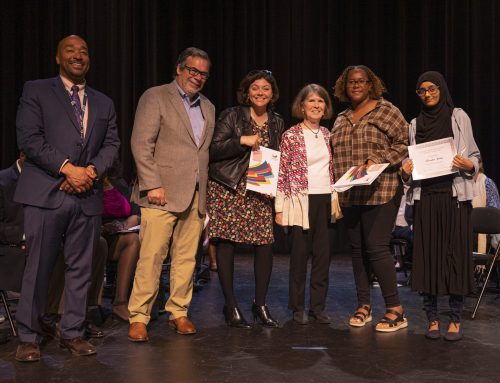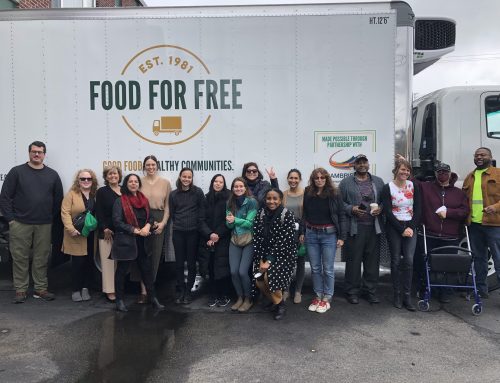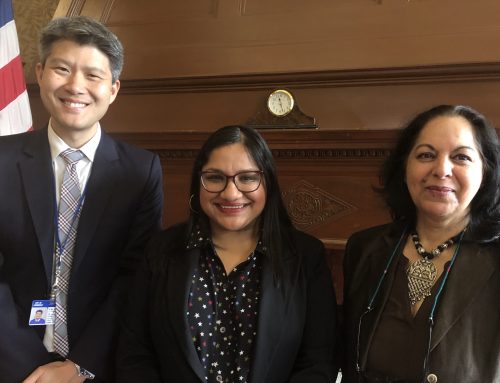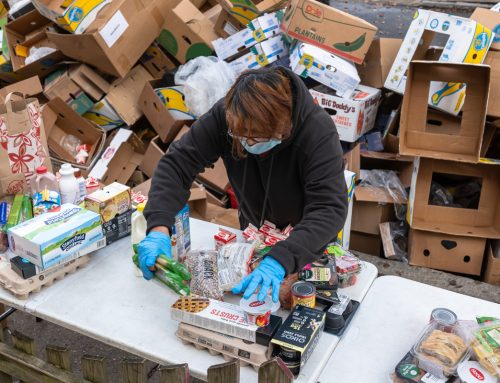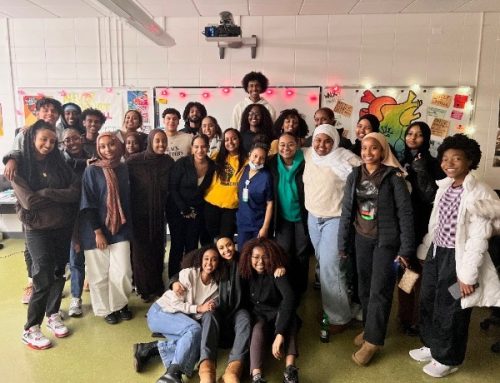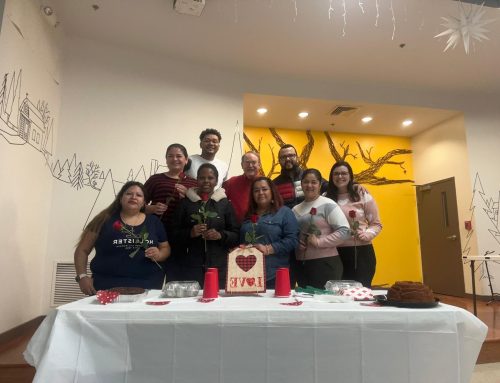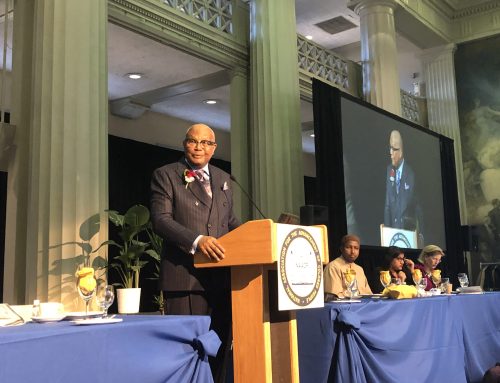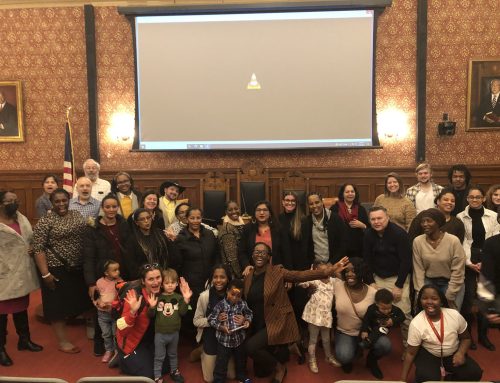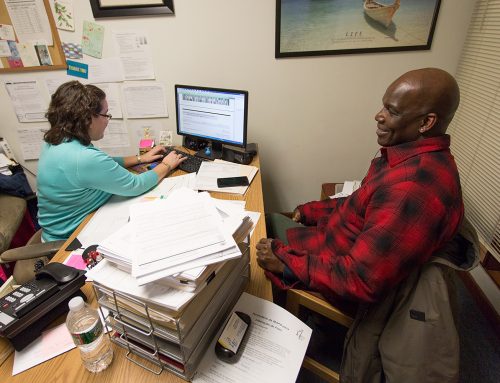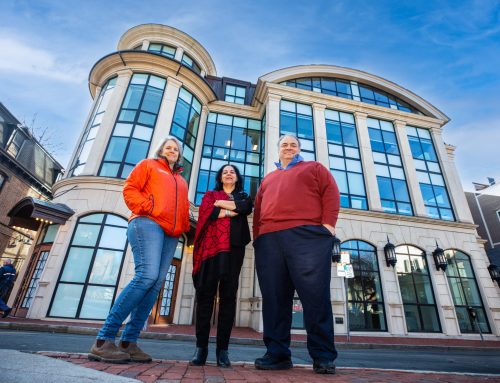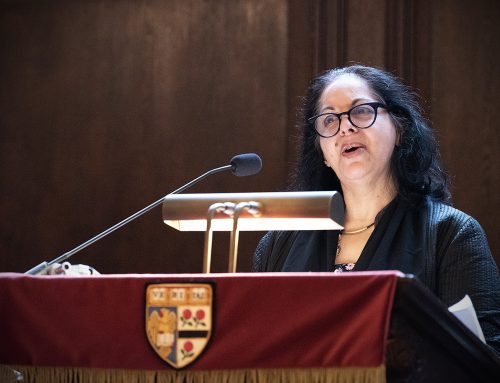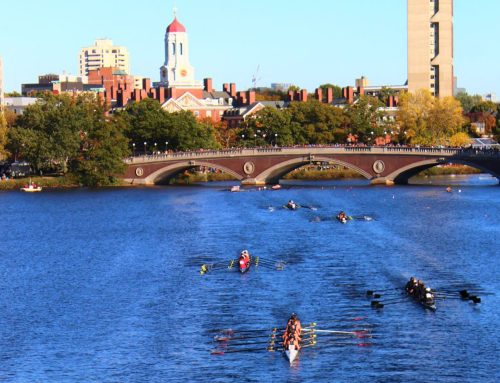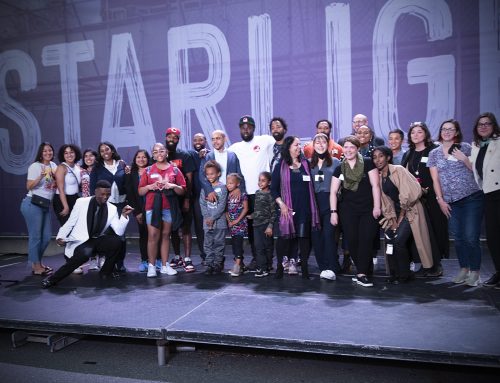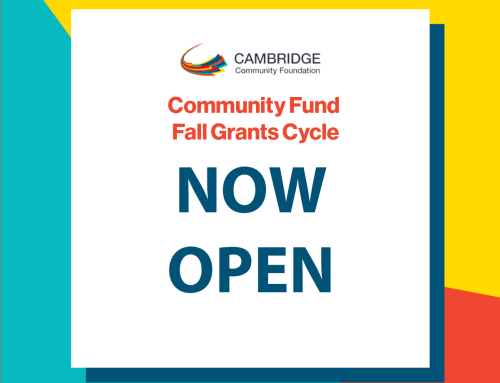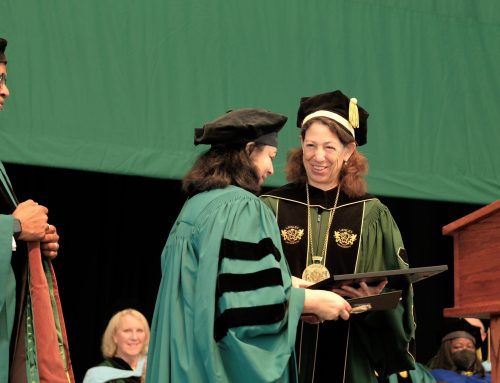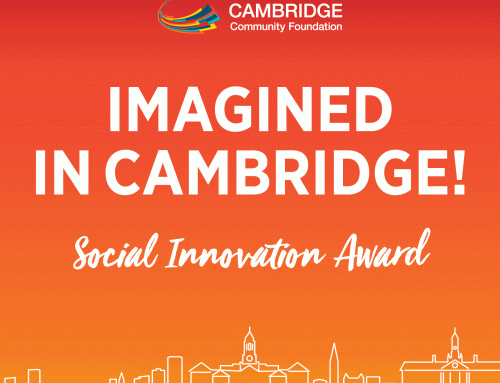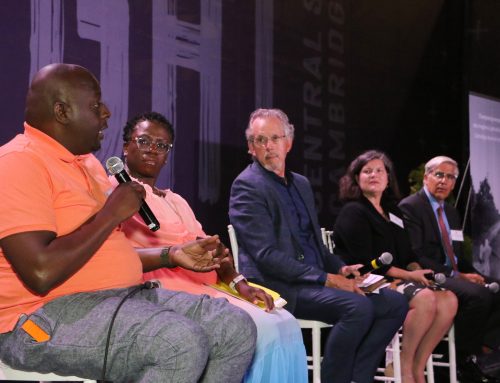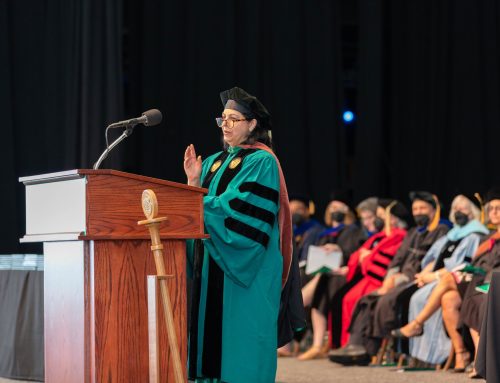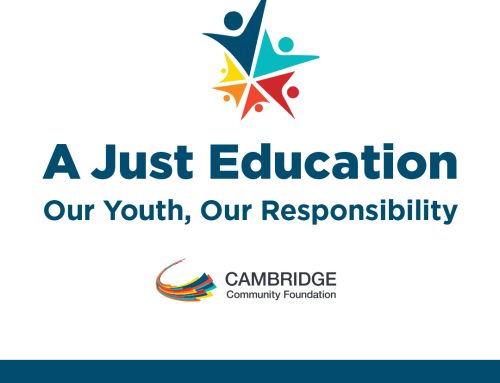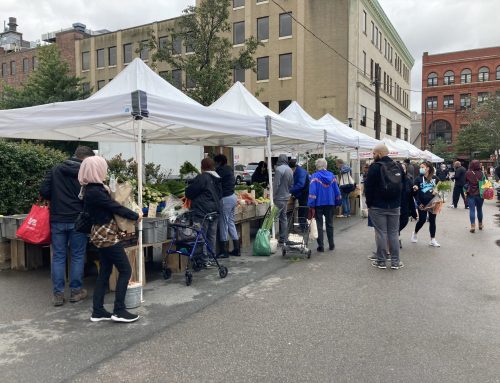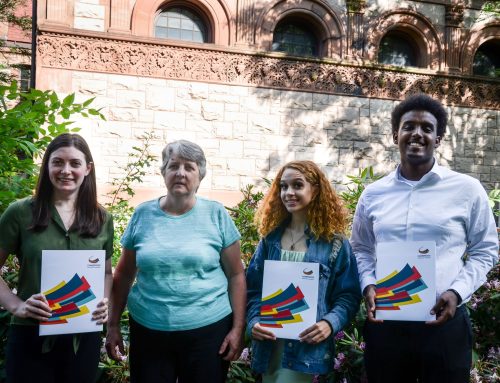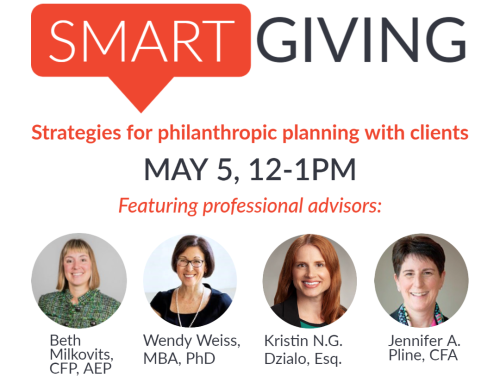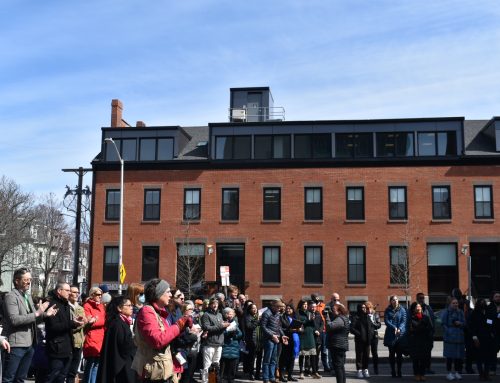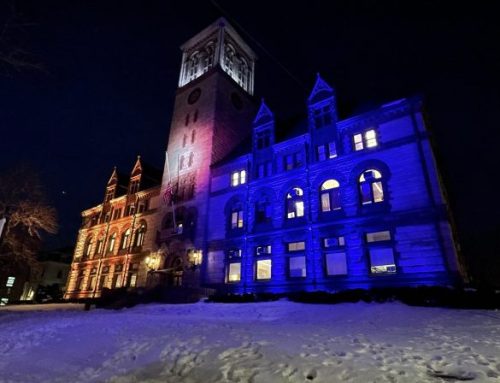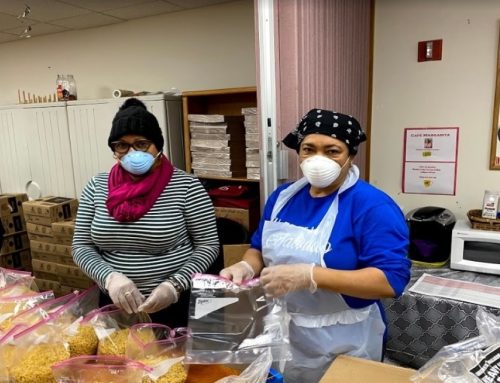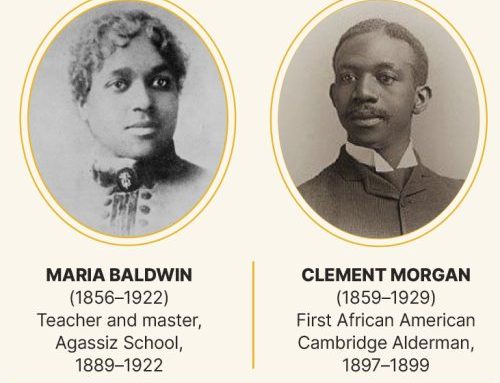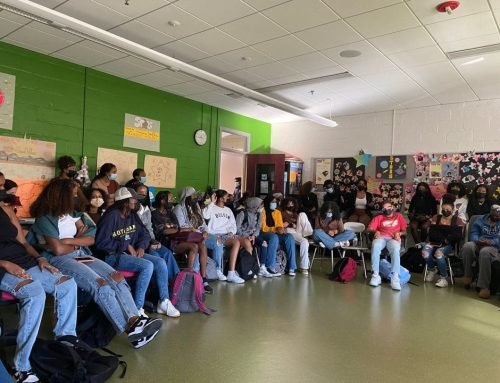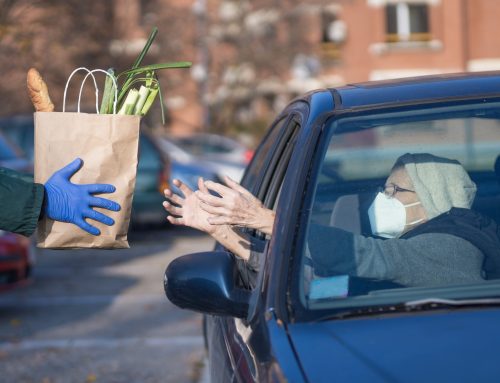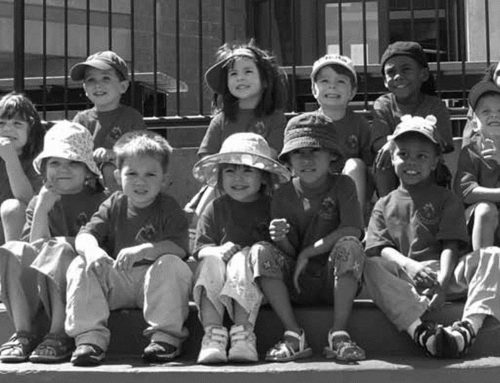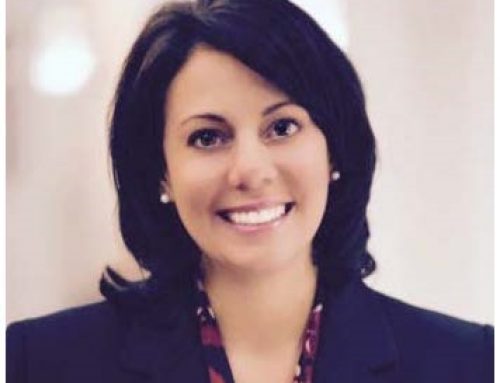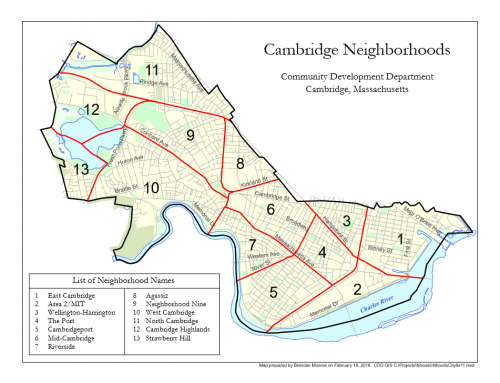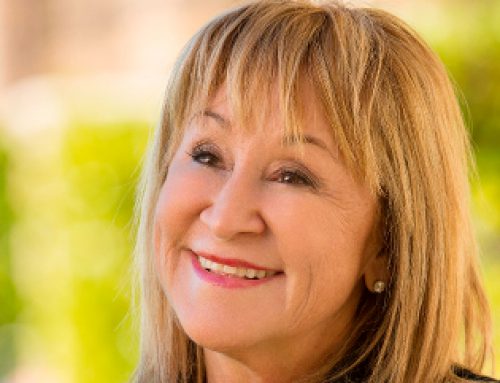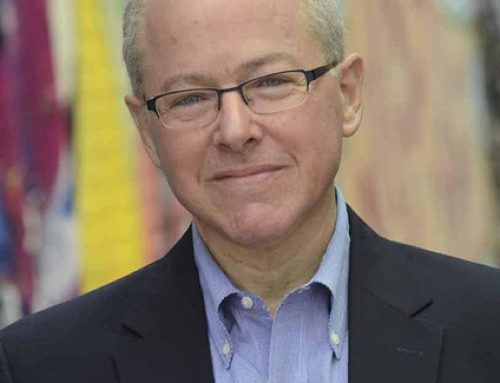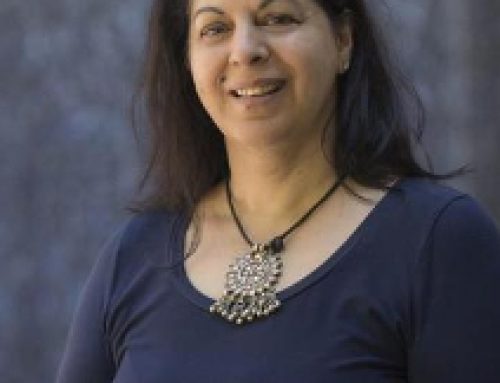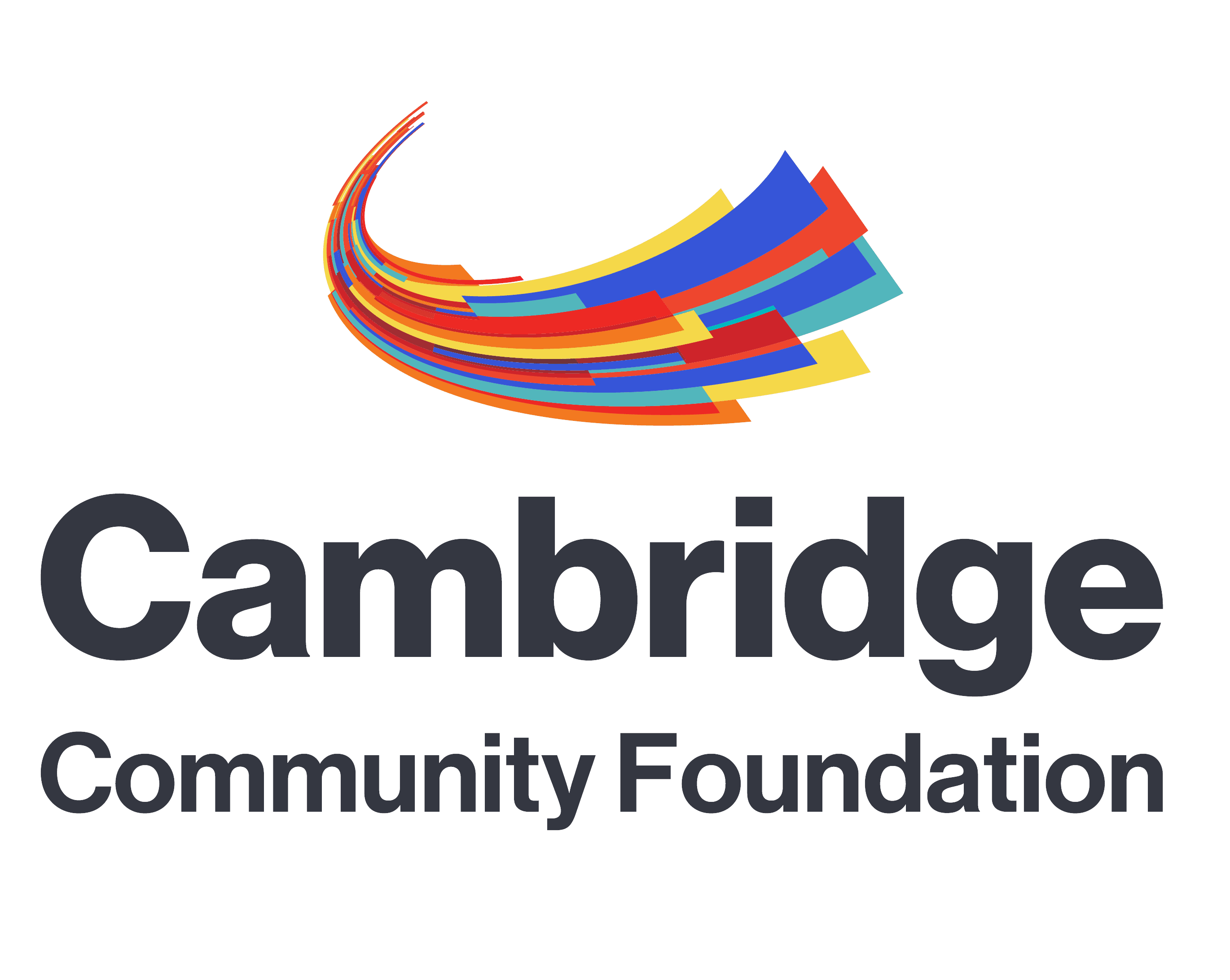Initiative is first step in a new five-year strategic plan to reduce economic disparities and strengthen community bonds in Cambridge
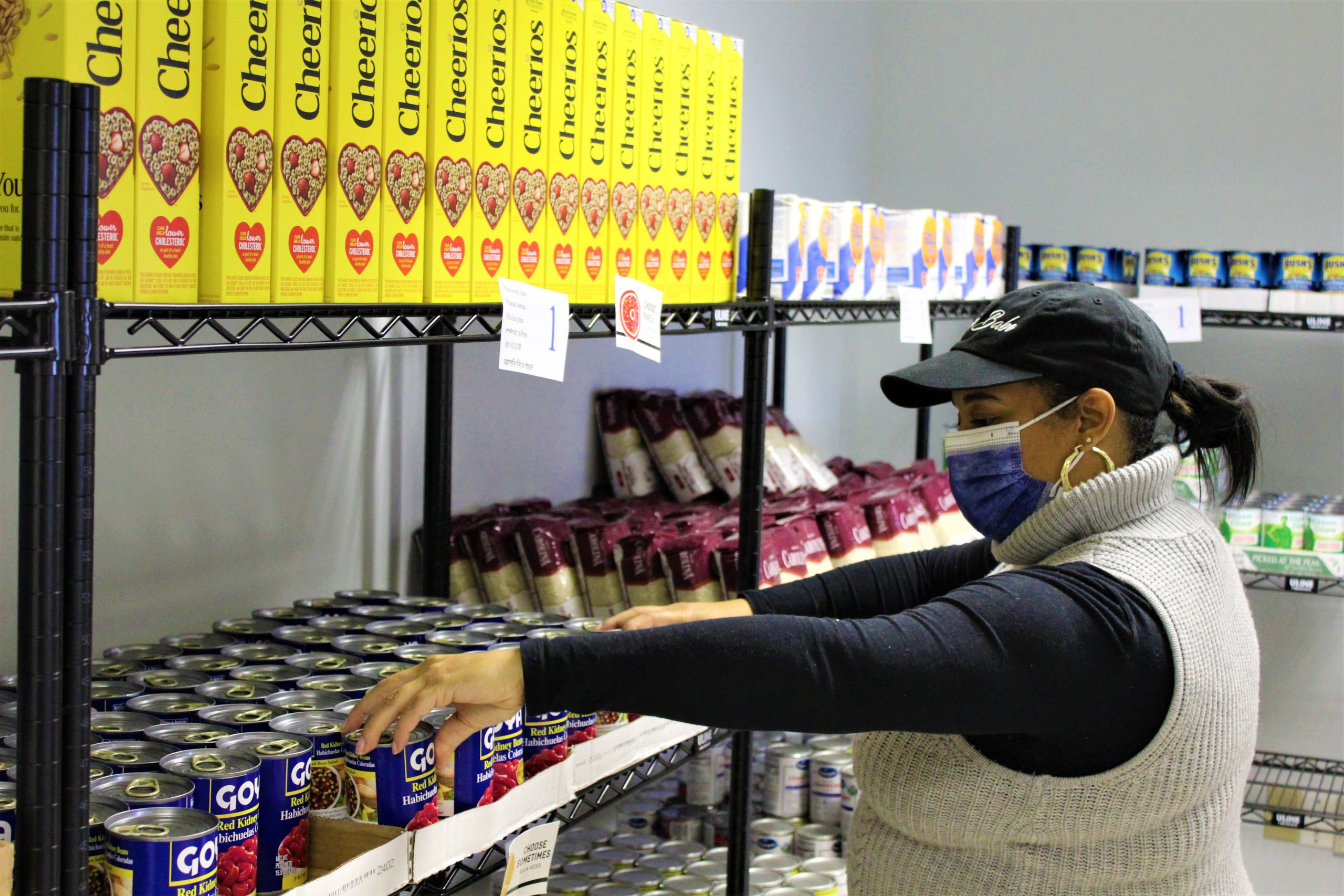
CEOC’s North Cambridge food pantry.
October 14, 2023 | Cambridge, MA
The Cambridge Community Foundation announced today that it will invest $1,122,000 in its new Food Access and Security Initiative to strengthen the Cambridge emergency food system in partnership with seven local nonprofits. The initiative is the first step in the Foundation’s newly released strategic plan aimed at solving some of Cambridge’s most entrenched social problems.
The Food Access and Security Initiative is driven by the Foundation’s commitment to social equity, and grounded in its ever-growing understanding that food insecurity is a critical obstacle that intersects with income disparity, financial and economic uncertainty, racial inequity, and other complex issues. With 1 in 8 Cambridge residents experiencing food insecurity as of 2021, this strategic initiative is a critical step in helping low-income families move from crisis to stability.
“In Cambridge, a city with so much prosperity, no one should go hungry and yet many of our families are making hard decisions about where to put their dollars as they meet basic needs,” said Geeta Pradhan, President of the Cambridge Community Foundation. “By drawing on data, building on existing community work, connecting and collaborating with nonprofits, and aligning our resources with support from local donors, we can solve food insecurity in Cambridge. This way of working captures the innovative spirit of Cambridge.”
Eight grants totaling $946,000 in the Food Access Security Initiative are Cambridge Economic Opportunity Committee (CEOC), CEOC (Food Pantry Network), Daily Table, East End House, Food for Free, Margaret Fuller Neighborhood House, Mass Farmers Market, and Rescuing Leftover Cuisine. In addition, $20,000 was allocated to enhance the SNAP match program in Cambridge and Margaret Fuller Neighborhood House received $156,000 in infrastructure support made possible with grant funds from Massachusetts CDBG CV (CARES ACT) in partnership with the Massachusetts Executive Office of Housing and Livable Communities (EOHLC).
The grants, most of which are three-year, will support sector communication and collaboration, program sustainability and expansion, and capacity building. Organizations will work collectively to increase access to food that is healthy, culturally appropriate, and offered with dignity; create a stronger, sustainable food pantry network through investments in infrastructure, staffing and volunteer capacity, and expand and diversify food programs, farmer’s markets, food rescue efforts. The organizations were selected by an advisory council that includes experts in food security and individuals with lived experience. In addition to grantmaking, the foundation’s role is to align ongoing efforts so that the Cambridge emergency food system is stronger and more efficient.
“This is a genuinely collaborative approach — it puts the people and organizations working on these issues in the center, makes their work more connected and funds them for multiple years. It builds on previous investments by CCF and other groups in the food system and showcases a more collaborative, community-centric way to do systems work,” said Christina Turner, director of programs and grantmaking for the Cambridge Community Foundation.
“Food pantries were created in 1990 as a temporary solution and here we are 30 years later with some families using them as a primary food source,” said Tina Alu, executive director of CEOC. “This initiative addresses the emergency need and expands the collaboration allowing all of us, including our food pantry patrons, to look holistically at this problem and develop a model solution.”
The Cambridge Community Foundation has been funding food security work for its entire 107-year history. During the pandemic, when food access became a crisis, the Foundation responded with emergency grants to organizations through its Community Fund and grants to individuals. Last year it made an additional half-million-dollar investment with funding from the Executive Office of Housing and Livable Communities (EOHLC) to build the infrastructure of four food security organizations serving Cambridge, Somerville, and Medford. The new grants build on this work and are connected to the emergency food system recommendations in the 2022 Cambridge Food Action Plan.
“A community foundation is best suited to solve hyper-local problems,” said Pradhan. “We have deep partnerships, we know the right players, and we can help our community come together in support of systemic change. It’s my strong belief that our food safety network offers a model for collective action and systemic change that other communities can replicate.”
Other strategic initiatives that will be rolled out over the next five years that are part of CCF’s new strategic plan to ensure a vibrant, just, and equitable Cambridge for all, will focus on arts and culture, social innovations, education access and success, housing stability, resident engagement, and economic security. “We envision a Cambridge where low-income households have increased their financial stability; our students have access to postsecondary opportunities; Cambridge’s nonprofit and arts & culture ecosystems are growing and thriving; and residents are more engaged and better connected to one another,” said Pradhan.
Solving entrenched problems requires greater alignment of resources and deep collaboration. The Cambridge Community Foundation is grateful to its funding partners for co-investing in this important work. They are: Cosulich Family Charitable Fund, Sonia F. Turek Fund, St. Onge Family Fund, Upland Gardens Fund, Wagner Foundation, and Why Wait Fund.
The Foundation of and for all of Cambridge, CCF aspires to make our community vibrant, just and equitable today and into the future. It’s a grant maker, civic leader, and philanthropic partner. Last year, CCF invested more than $4.4 million in grants to community nonprofits in human services, workforce training, housing, hunger, homelessness, elder services, youth and early childhood services, education, and the arts.
List of Food Access and Security Initiative Grants:
Cambridge Economic Opportunity Committee (CEOC): $150,000 ($50K/year for three years)
CEOC – Food Pantry Network: $150,000 ($50K/year for three years)
Daily Table: $36,000 ($26K year 1; $5K years 2 & 3)
East End House: $150,000 ($50K/year for three years)
Food For Free: $150,000 ($50K/year for three years)
Margaret Fuller Neighborhood House: $150,000 ($50K/year for three years)
Mass Farmers Markets: $150,000 ($50K/year for three years)
Rescuing Leftover Cuisine: $10,000 (1-year grant)
SNAP Match Funds: $20,000
Margaret Fuller Neighborhood House: $156,000 (CDBG Food Security Infrastructure grant)

